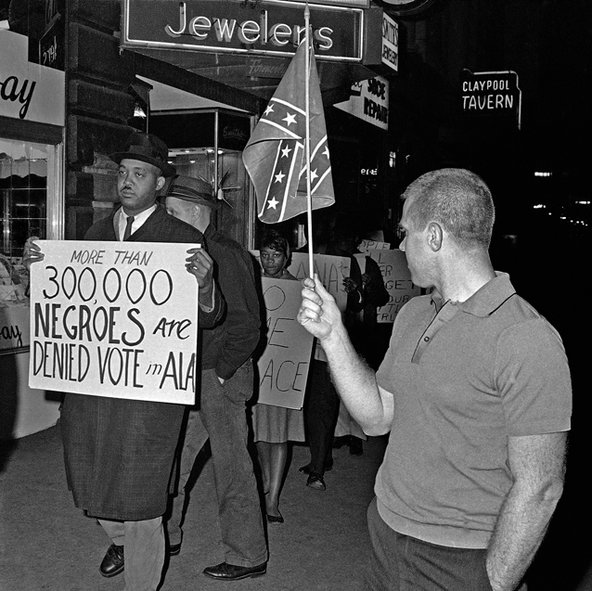
[To be fair, this is a long post, and it ends with “To be continued….” I do believe this is one of the most important discussions within modern conservative evangelicalism, so if you have the time and inclination, I believe you will be rewarded.]
Introduction
To me, the existence of systemic or institutionalized racism, i.e., “polices, practices, and procedures of institutions that have a disproportionately negative effect on racial minorities’ access to and quality of goods, services, and opportunities” (Vernellia R. Randal), is a simple deduction from three premises:
- Well documented and vast social and economic disparities between black and white Americans, as well as continued neighborhood and church segregation.
- All racial groups are equal; in Ibram X Kendi’s words, “no racial group has ever had a monopoly on any type of human trait or gene—not now, not ever.”
- The majority of Americans are not overt racists, members of a neo-Nazi party, or intentionally discriminating against black Americans due to conscious prejudice and hatred.
If we are committed to the truth of the above three premises, then we must begin to look for explanations that do not—intentionally or unintentionally—assume the inferiority of any race. And a very short walk back through history gives us all the data we need: four hundred years of legal and de facto marginalization for the sake of exploitation accords perfectly with the circumstances we find ourselves in today; in fact, how could we expect it to be otherwise? Truly, God has been fantastically kind to this Nation, given our history. Much worse circumstances could have justly been predicted.
Example of Systemic Racism: “Narrow” Spirituality of the Church (NSoC)
I had promised in “What Is & Isn’t Being Said: 7. Individual vs. Institutional Racism” to give specific examples of systemic racism, both from church and society, to further explicate the concept. But I have decided here, rather, to focus solely on the church—particularly the Reformed and Presbyterian Church, of which I am a member.
Continue reading →







